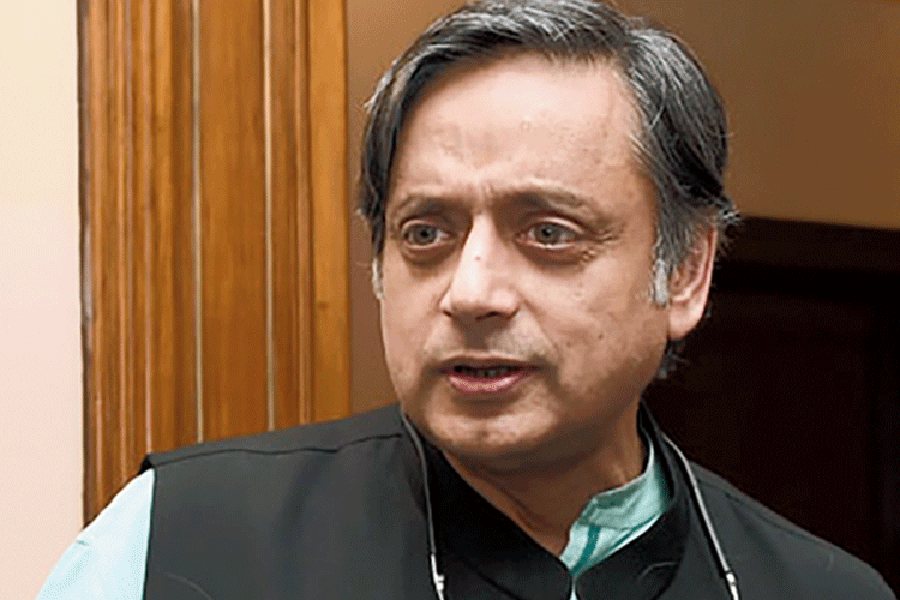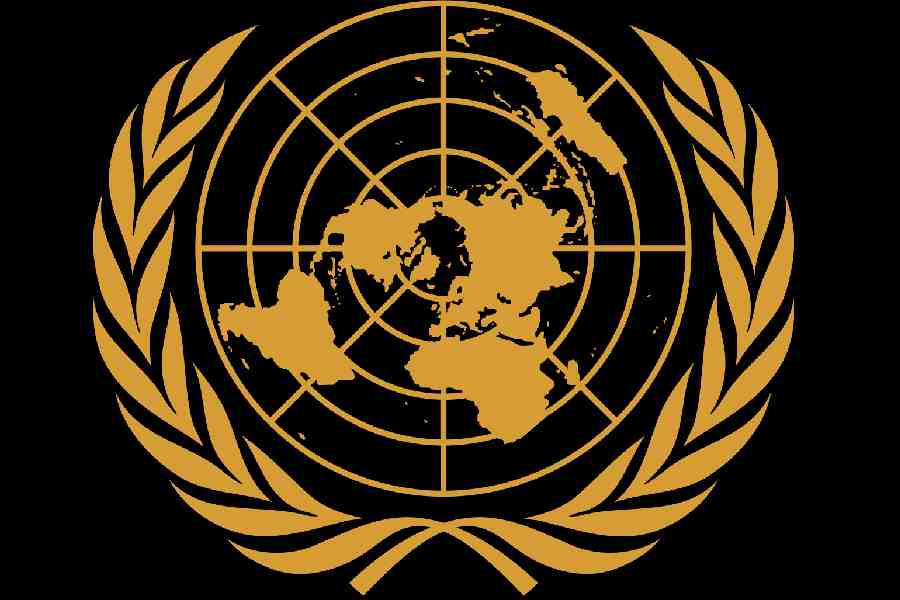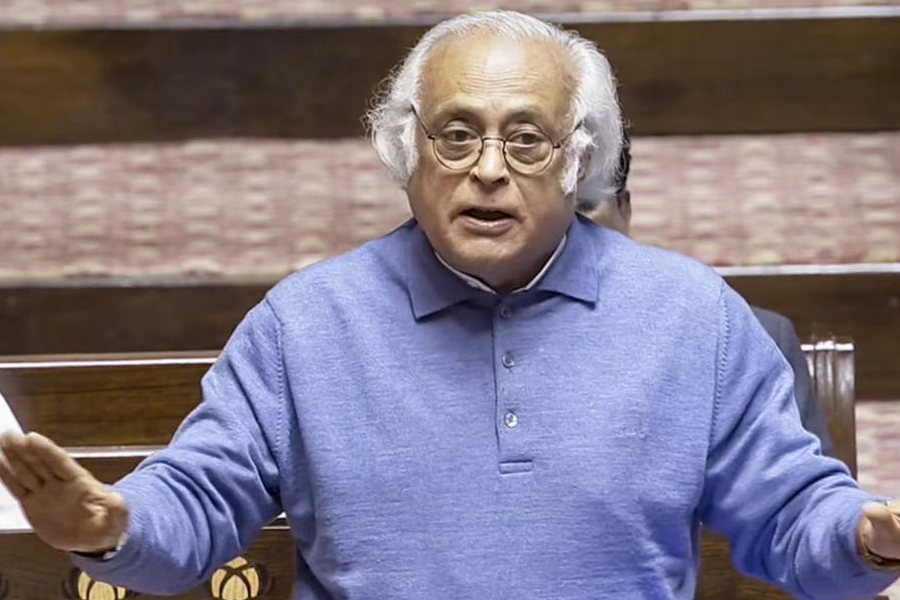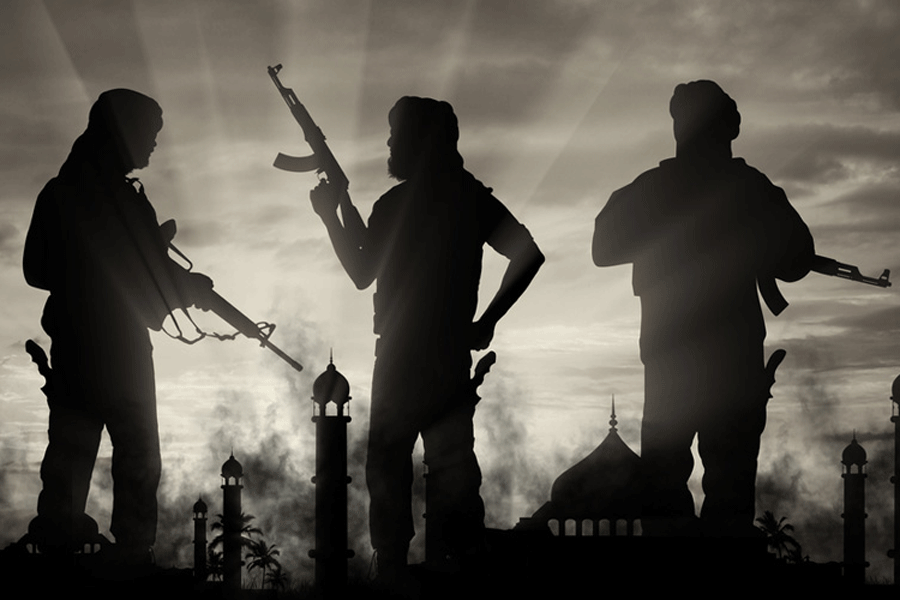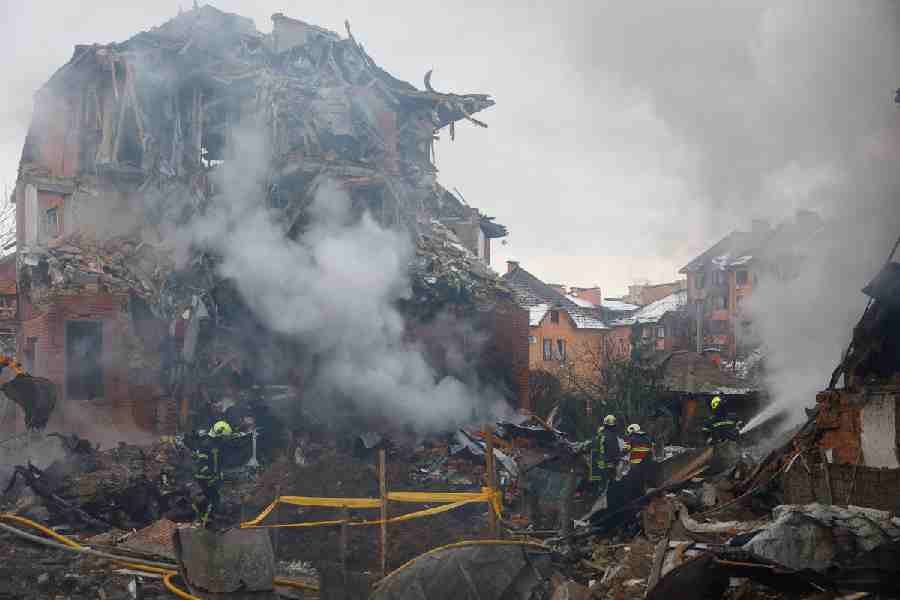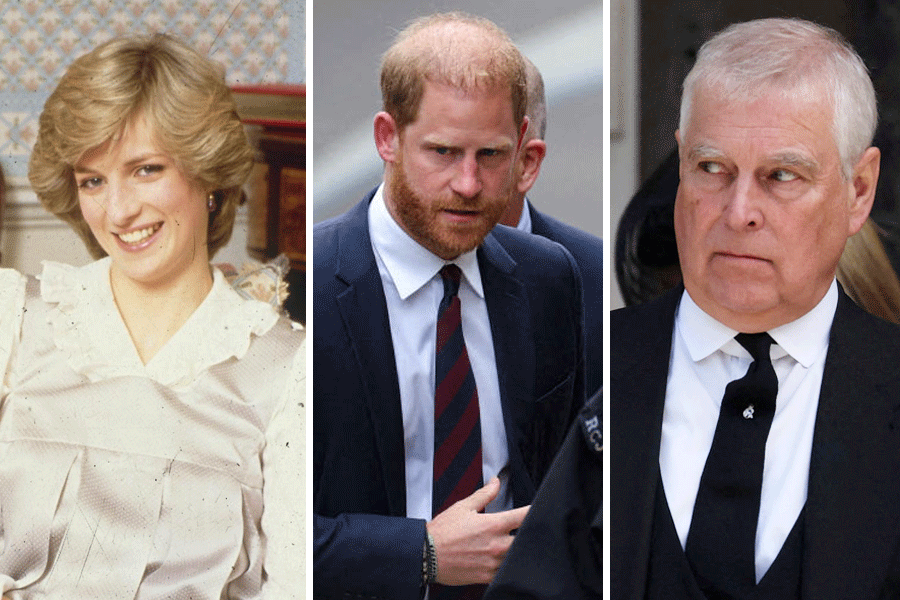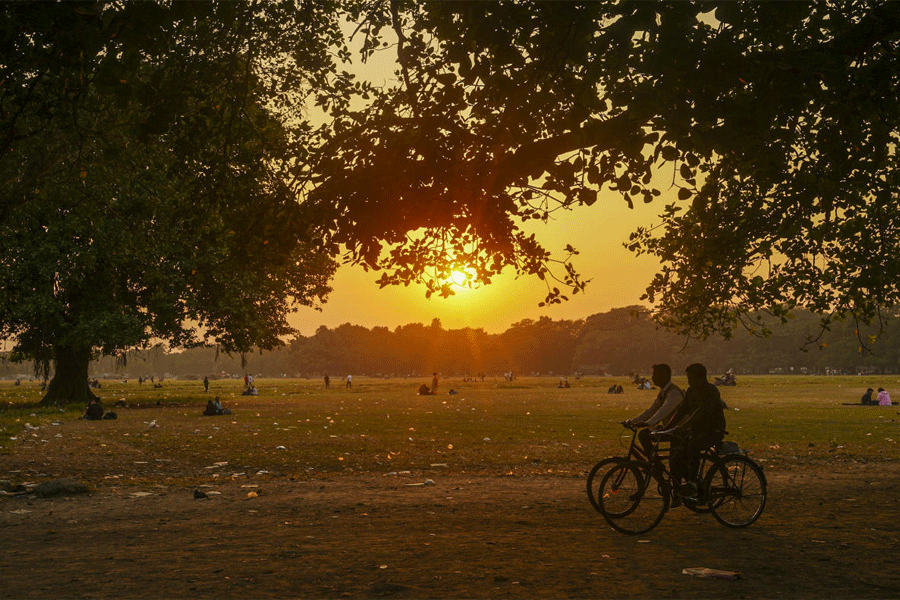Congress MP Shashi Tharoor, a former diplomat who served at the United Nations, has said that the United Nations Security Council’s closed consultations held in New York on May 5 to deliberate on rising tensions between India and Pakistan, appeared not to have gone in Islamabad’s favour.
Tharoor, who represents Thiruvananthapuram in the Lok Sabha, cited unofficial briefings, and said, “Everything we hear about this is not official or confirmed, but what we hear, however, from these background meetings is that it did not appear to have gone well for Pakistan as they would have hoped.”
He noted that despite India not being present in the room—since it is not currently a member of the Security Council—the Pakistani delegation did not find the support it might have anticipated.
Speaking to ANI, Tharoor said he did not expect any specific outcome from the session, citing the inherent limitations of the Council’s functioning.
“It will be more a call for peace and concern about terror in a general kind of language. I am not expecting anything specific out of the meeting, either in formal meetings or informal consultations, that will directly affect us or Pakistanis very much,” Tharoor remarked.
“That is the sad reality of the way these things function,” he added.
The meeting was convened after Pakistan – a non-permanent member of the Council – called for discussions in the wake of the Pahalgam attack that targeted civilians, mostly tourists.
Reports indicate that the members posed “tough questions” on Lashkar-e-Taiba (LeT) and more to Pakistan, focusing on the issue of terrorism and the targeting of civilians based on religious identity.
“They are one of the 15 members, India is not in the room. In these circumstances, Pakistan would have thought that they had an advantage, but the impression is that the delegations asked tough questions, and particularly about the Lashkar-e-Taiba, and the concerns have largely been about terrorism, how it is extremely dangerous, and it can understandably provoke an Indian reaction,” he said.
Tharoor ruled out the possibility of the UNSC passing any resolution against either country.
“I am quite confident that the UNSC will not pass a resolution criticising Pakistan because China will veto it; they will not pass a resolution criticising us as many countries will object to it and probably veto it,” he stated.
While the details of the meeting have not been made public, sources suggest that Pakistan’s attempt to push a “false flag” narrative was met with skepticism, with several member countries rejecting the claim and asking whether the Lashkar-e-Taiba, a proscribed terror organisation in Pakistan, was likely responsible for the terror attack.
As of now, no formal statement has been issued by either the UNSC or India on the outcome of the consultations.
According to sources cited by ANI, there was a broad condemnation of the terrorist attack and a recognition of the need for accountability.
Some members raised concerns about the targeting of tourists on the basis of their religious faith.
The global body has yet to release any public comment on the matter.

